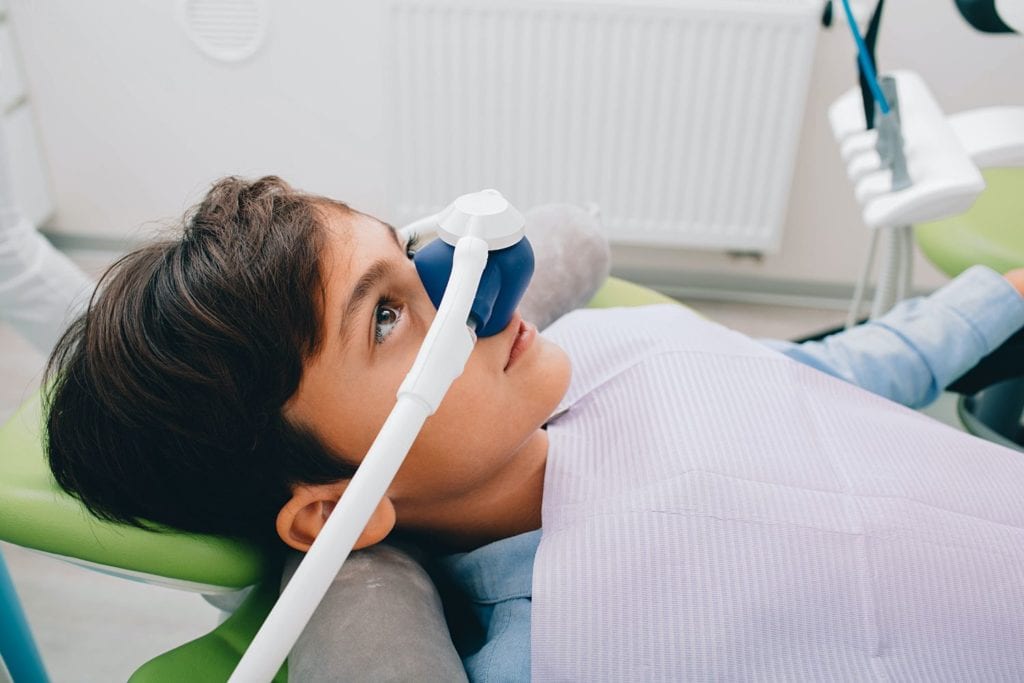Are you anxious about visiting the dentist’s office?
As a holistic dentist in Bountiful, UT, Dr. Larsen wants to ensure that your overall health is taken into account at every appointment. This includes your mental health. If you experience fear of the dentist or dental anxiety, our team looks forward to providing you with compassionate dental care. In addition to the many dental concerns Dr. Larsen addresses, he helps patients suffering from dental anxiety.
We never want a patient to put off seeking dental care because they are uncomfortable in the dentist’s chair. This is why we offer personalized solutions to assist patients in staying calm and comfortable through the entirety of their dental procedure.
Whether you’re receiving a preventative care appointment or are receiving a more invasive procedure like a dental implant, our team works with you to help you feel relaxed and confident during your care.
There are various reasons people fear the dentist. Patients who suffer from anxiety, depression, PTSD, bipolar disorder, or schizophrenia have an increased chance of suffering from dental anxiety. The fear can be associated with drills, needles, or a medical environment. Other reasons include:
- Fear of pain
- Fear of having no control
- Embarrassed by current oral health
- Traumatic past dental experience

Dental Anxiety Solutions in Bountiful, UT
People experience dental anxiety for a variety of reasons. Some patients have had previous bad experiences in the dentist’s chair. Others have not sought dental care in a while and are afraid of being judged on the current condition of their smile. Regardless of the reason you are experiencing dental anxiety, we are here to help you. Here are some frequently asked questions regarding how we treat patients with dental anxiety:
My child struggles to sit still. Will they still receive care?
Yes. We prepare our team to work with children and help them become accustomed to sitting in the dentist’s chair. For children who struggle to sit still, we work with them to keep them calm enough for us to perform our cleanings and exams.
Additionally, our team moves at their pace and answers all questions that they may have about our procedures. We believe that patients of all ages deserve to have information about the care they are receiving. As a result, we do our best to explain our processes to them in child-friendly terms.
I haven’t been to the dentist in a while. What should I expect?
We understand that life often gets in the way of going to the dentist. However, it’s important to visit a dentist at least once every six months to maintain a healthy smile. If you visit our office after a long period of neglecting your dental health, understand that we are ready to provide care without passing judgment.
You should expect your first appointment to be cleaning and consultation of the current condition of your smile. Afterward, we will discuss further treatments if necessary.
Can tooth pain be psychological?
Yes, tooth pain can sometimes be psychological. While most toothaches are due to physical issues like cavities, gum disease, or trauma, patients can experience dental pain without an apparent physical cause. Dentists refer to this as “phantom tooth pain.”
Moreover, dental professionals believe this neuropathic pain causes the nerves to send pain signals to the brain even without injury. Stress, anxiety, and other psychological factors can exacerbate or trigger this pain. If someone suspects their tooth pain might be psychological, seeing a dentist to rule out any physical causes is critical.
Why is fear of the dentist so common?
Fear of the dentist, or dental phobia, is common for numerous reasons. Many patients have had prior negative or painful experiences that instill anxiety about future visits. The sights and sounds of dental technology and tools in the office can cause fear. Moreover, patients have a fear of pain from injections and complex procedures.
Lastly, many patients have common misconceptions. They believe procedures such as root canals and tooth extractions will be painful. However, with up-to-date dental technology and techniques, this is simply untrue. Compassionate dentists take the time to educate patients and help patients relax and maintain control.
